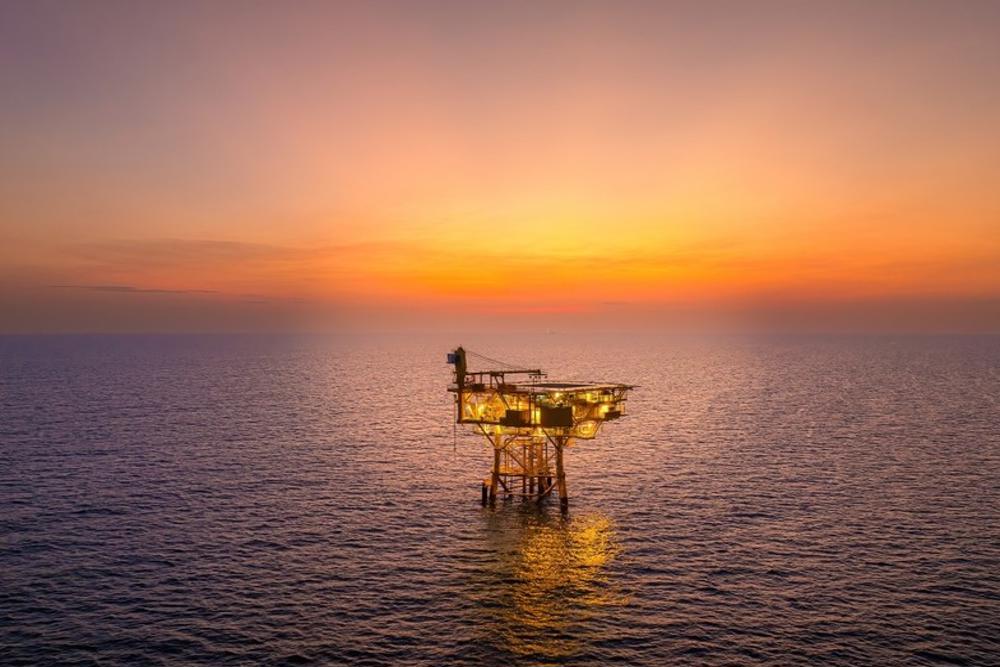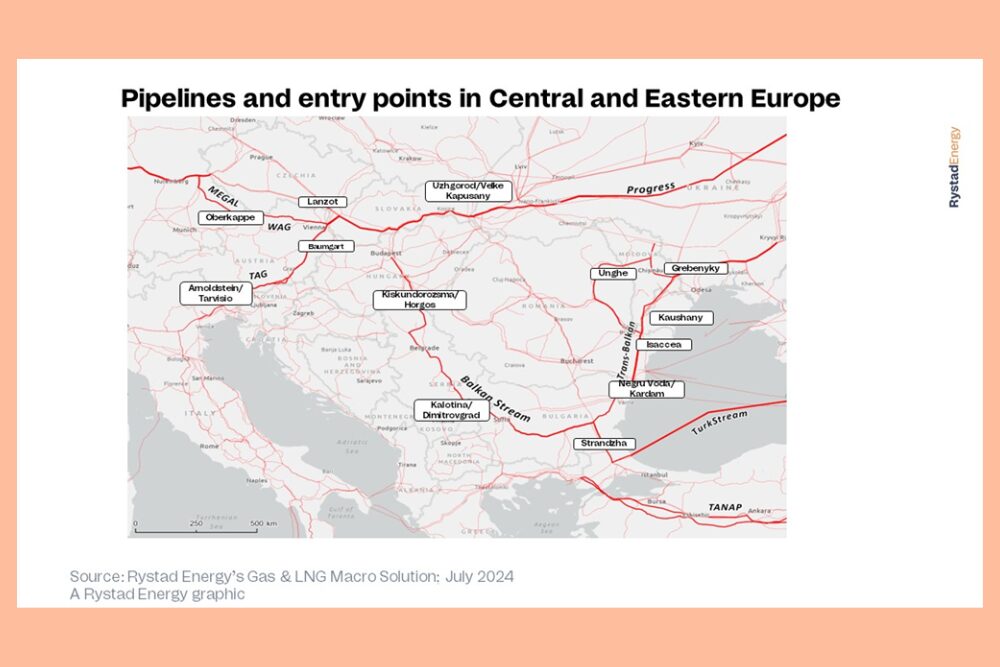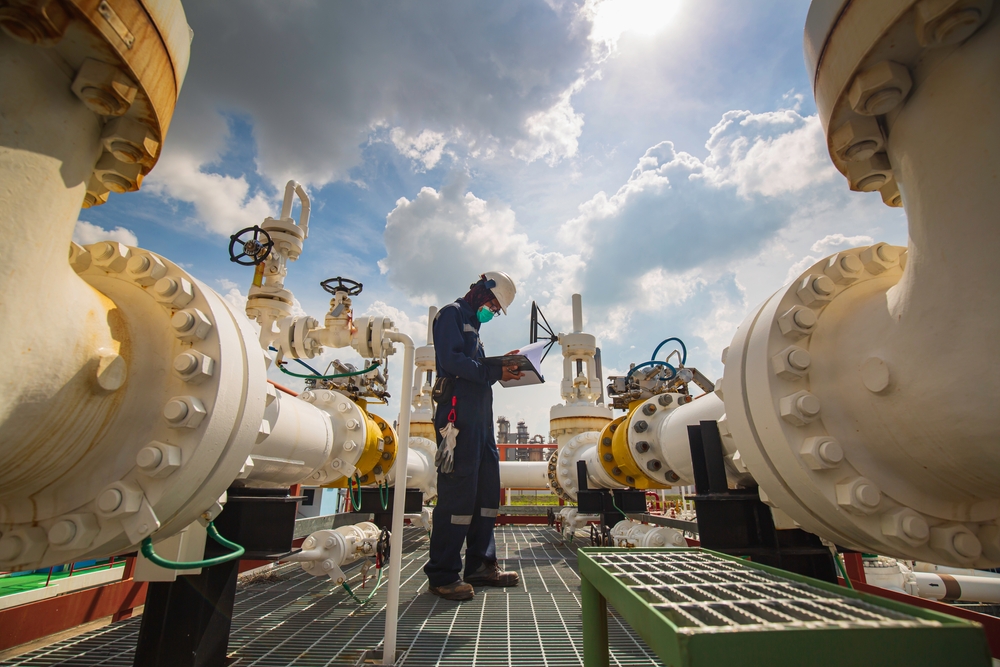
The Australian Renewable Energy Agency (ARENA) will fund a trial to produce hydrogen using renewable energy which will be injected into the Sydney gas network.
ARENA has committed $7.5 million in funding for energy infrastructure company Jemena to build a demonstration-scale 500 kW electrolyser at their facility in western Sydney. The $15 million project – known as Project H2GO – will connect to Jemena’s existing gas network which delivers gas to 1.3 million customers in New South Wales. Hydrogen can be safely added to the natural gas mains at concentrations of up to 10 per cent without affecting pipelines, appliances or regulations.
The two-year trial —the largest of its kind in Australia — involves converting solar and wind power into renewable hydrogen via electrolysis, the process by which electricity is used to split water into hydrogen and oxygen. The electrolyser will produce hydrogen to be stored in the natural gas network to demonstrate and address the technical, regulatory, environmental and economic barriers to the production and use of hydrogen in various Australian conditions. The majority of the hydrogen produced will be injected in the local gas network for domestic use.

Image courtesy of Jemena.
On Monday 22 October ARENA CEO Darren Miller said hydrogen had huge potential to store renewable energy and supplement natural gas use.
“As Australia transitions to renewable energy, hydrogen could play an important role as energy storage and also has the effect of decarbonising the gas network with ‘green’ gas,” Mr Miller said.
“There is significant potential in the power-to-gas value chain including the ability to stabilise the grid as well as pairing renewable energy with electrolysers to soak up and store surplus electricity,” he added.
Jemena’s Managing Director, Frank Tudor, said the Project H2GO will be able to generate enough hydrogen to power approximately 250 homes.
“In the future Australians will need to decide what to do with excess renewable energy on very windy or very sunny days. Jemena’s Project H2GO will demonstrate how existing gas pipeline technology can store excess renewable energy for weeks and months, making it more efficient than batteries which can only store excess renewable energy for minutes or hours,” he said.
More information on the project can be found here.






